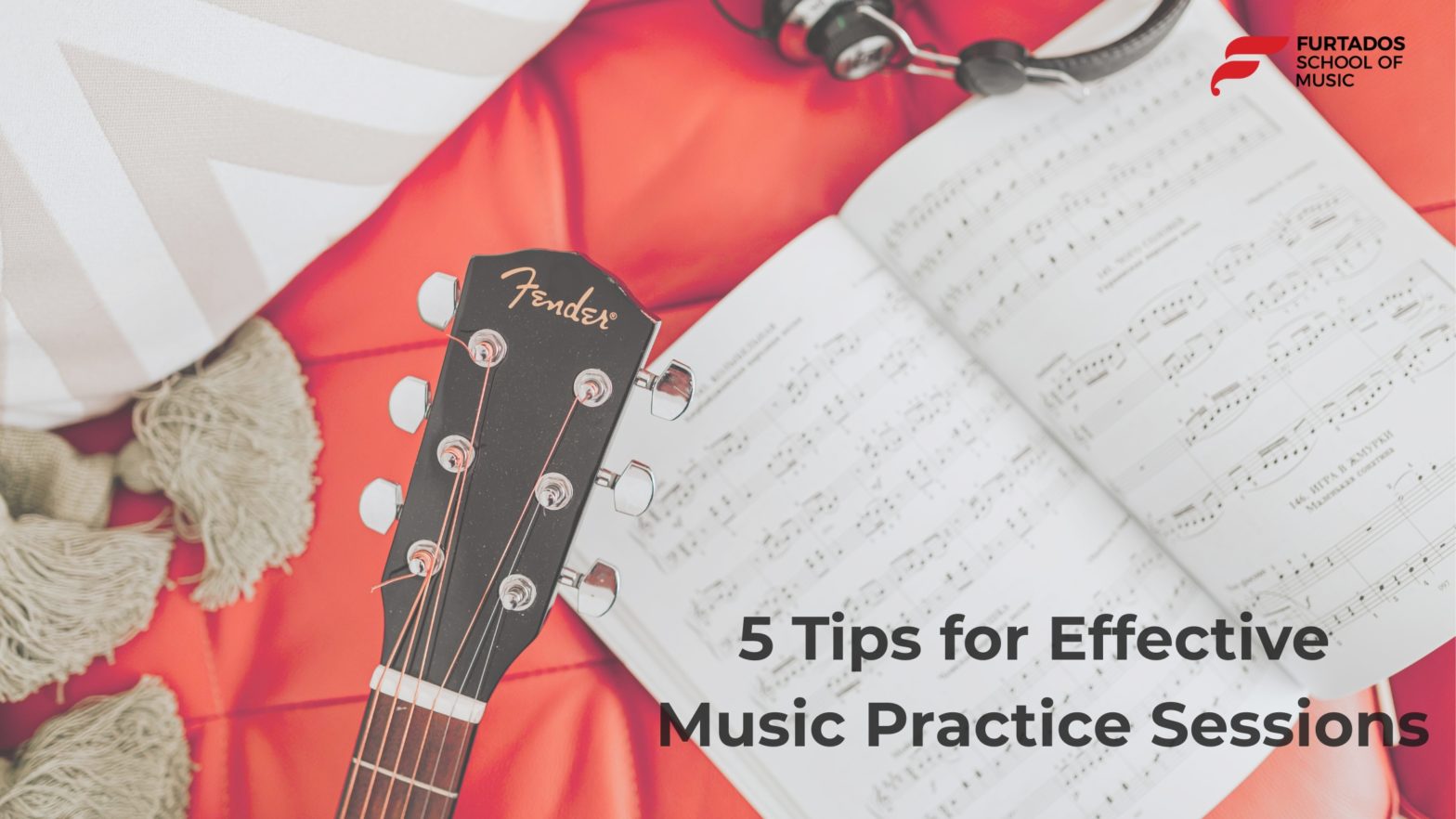Whether you’re just starting your musical journey or looking to build a solid foundation for a future career in music, how you practice matters more than how long you practice. With the right methods, your daily sessions can be more productive, focused, and most importantly—more enjoyable. These effective music practice tips are not just for seasoned musicians but especially valuable for beginners who want to grow with intention and confidence.
If you’ve been wondering how to practice music efficiently, this guide is your fresh start.
1. Start with a Mental Warm-Up, Not Just a Physical One
We’re all told to warm up our fingers or voices before diving into music, but what about your mind? Begin every session by listening to a short piece of music that inspires you. Close your eyes, focus on the rhythm, melody, and dynamics. This “mental tuning” sharpens your focus and aligns your mindset with your musical goals. It’s one of the most overlooked yet effective music practice habits.
2. Break the ‘Play-through’ Cycle with Intentional Micro-Goals
Many beginners fall into the trap of playing through pieces from start to finish, hoping repetition alone will lead to improvement. Instead, set micro-goals. For example:
- “Today I will master measures 9–12 of my piece at half tempo.”
- “I’ll focus on playing clean arpeggios with my ring finger.”
This transforms vague practice time into laser-focused training. It’s how to practice music efficiently without burning out.
3. Record Yourself Regularly—But With a Twist
Recording your sessions is a known tip, but here’s the twist: record only the part you’re struggling with, not the entire piece. Then, listen back and write one sentence of self-feedback. This exercise rewires your brain for awareness and self-correction. Over time, you’ll catch mistakes before they even happen.
This kind of active reflection turns practice into progress. It’s a hallmark of effective music practice and builds the kind of discipline professional musicians rely on.
4. Switch Instruments or Roles Temporarily
This may sound strange, but if you’re a pianist, try picking up a hand drum for 10 minutes to work on rhythm. If you’re a singer, try clapping out complex rhythms. By changing your perspective even briefly you strengthen your ear, timing, and coordination.
This cross-training approach brings a fresh layer of depth to your music practice tips, making them far more engaging and holistic.
5. End with a “Victory Lap” Piece You Love
Always end your session with a short piece or riff that brings you joy. It could be a song you already know or a new melody you improvise on the spot. This doesn’t just help retention—it rewires your emotional connection with your instrument.
Why does this matter? Because consistency is more likely when you leave your practice space feeling fulfilled. That’s what fuels long-term growth.
Pursue Your Passion with FSM
At Furtados School of Music (FSM), we encourage our students to go beyond the basics. Our experienced faculty combines proven methods with music practice tips like these to help you build your skills the smart way. Whether you’re a vocalist, instrumentalist, or songwriter, we’ll teach you how to practice music efficiently with clarity and purpose.
We believe that effective music practice isn’t just about talent—it’s about learning the right habits early. And our structured programs are designed to do exactly that, giving you the tools and mentorship needed to thrive in a music career.
Conclusion
Remember, great musicians aren’t born—they’re made in practice rooms. So the next time you sit down for a session, try these five unique tips and watch your growth take off. Stay consistent, stay curious, and most of all—enjoy the music.
